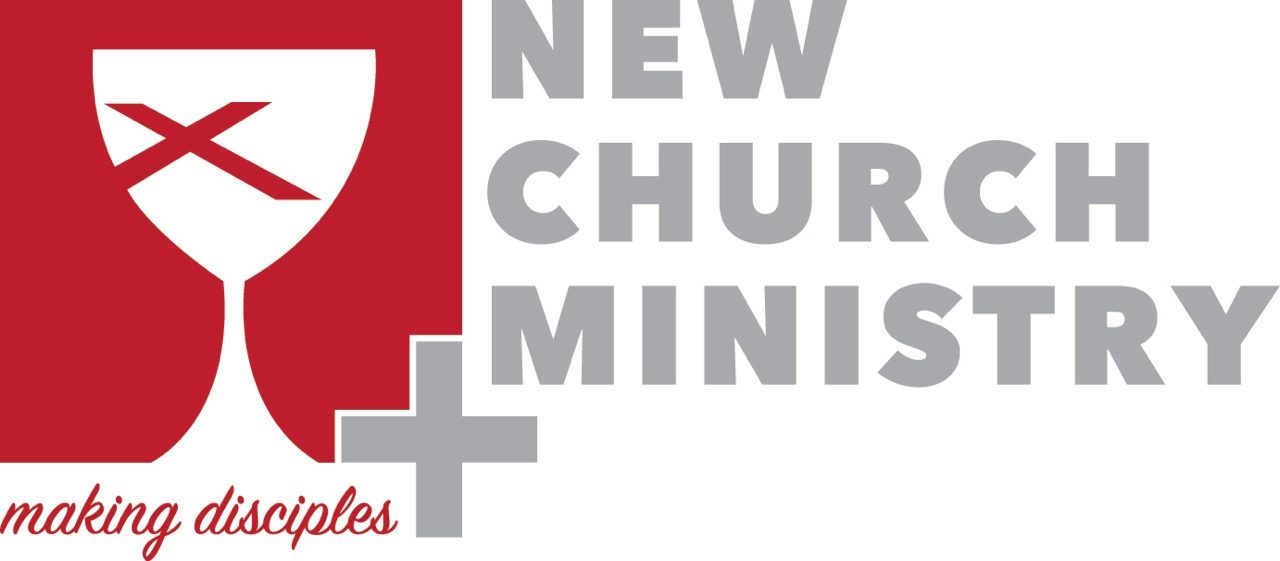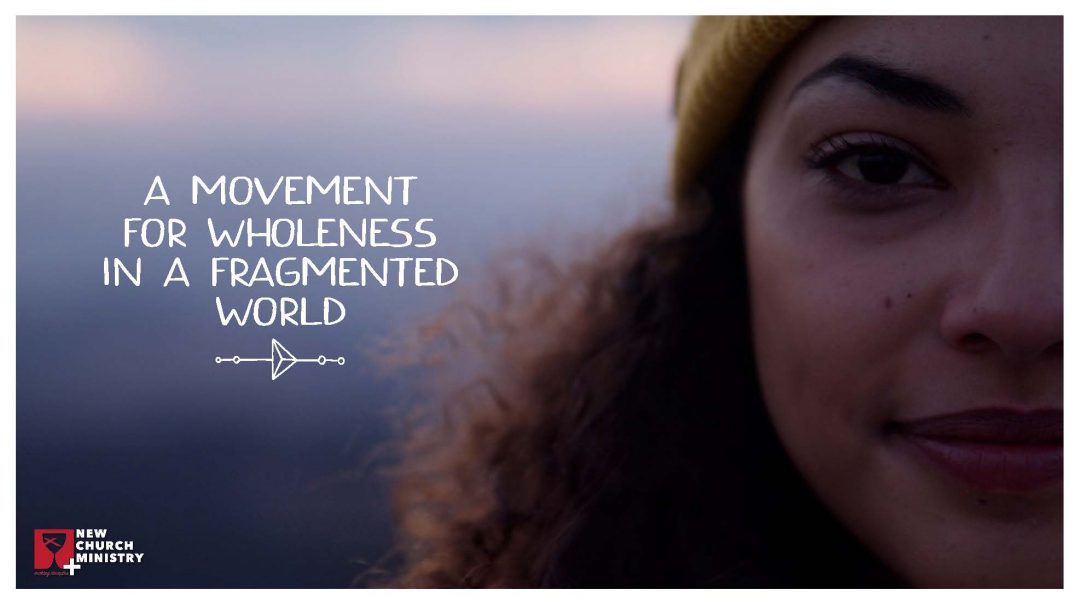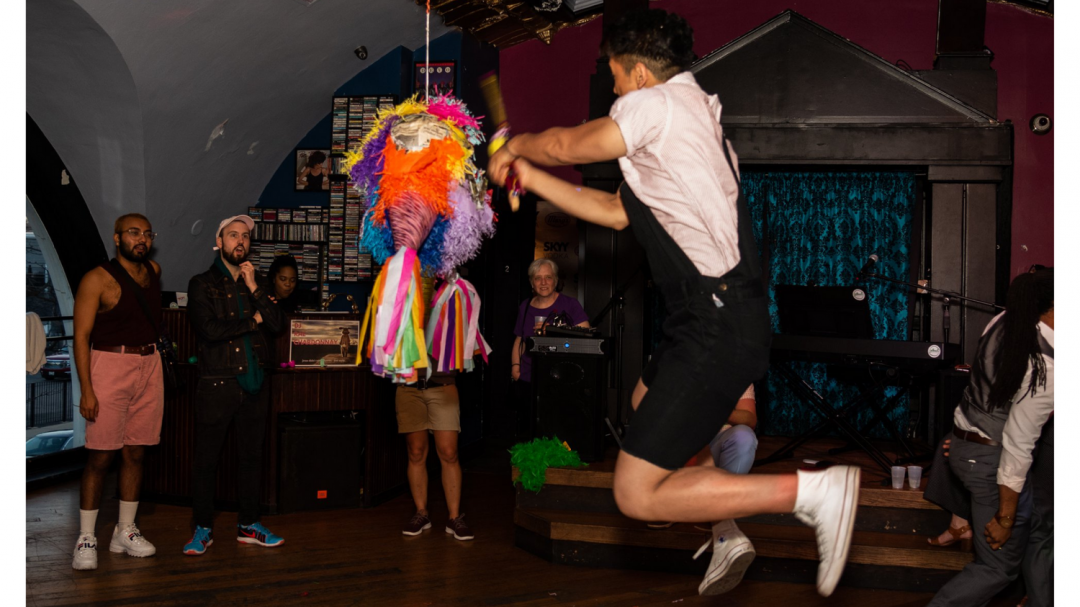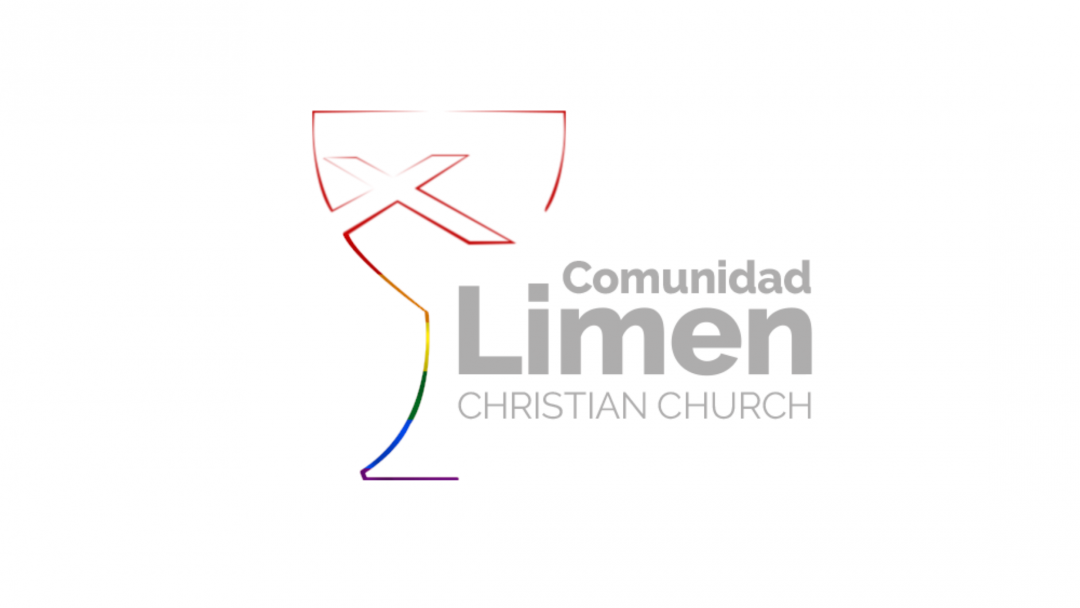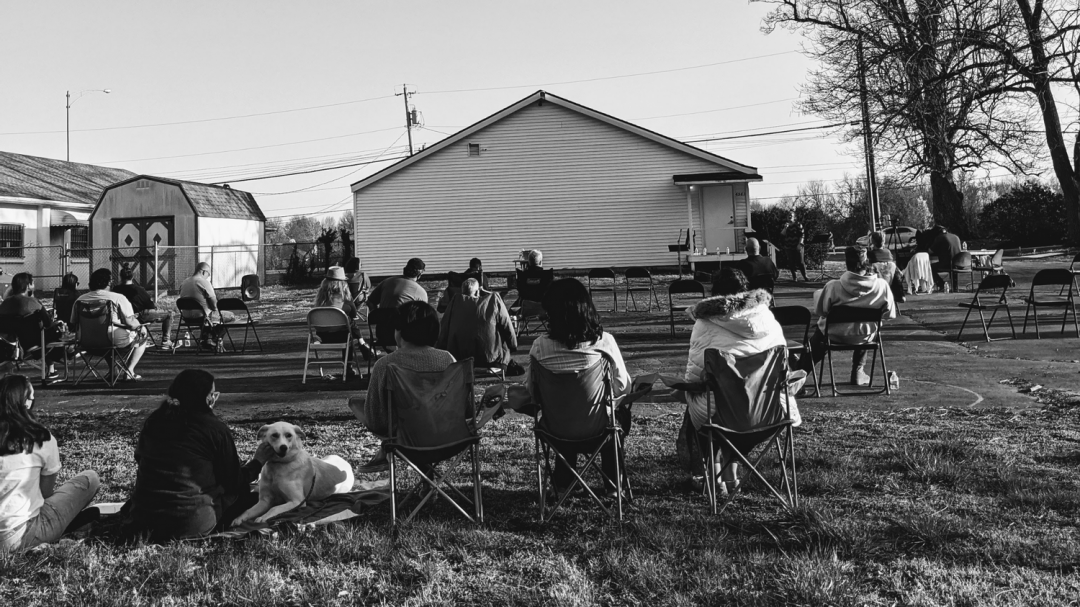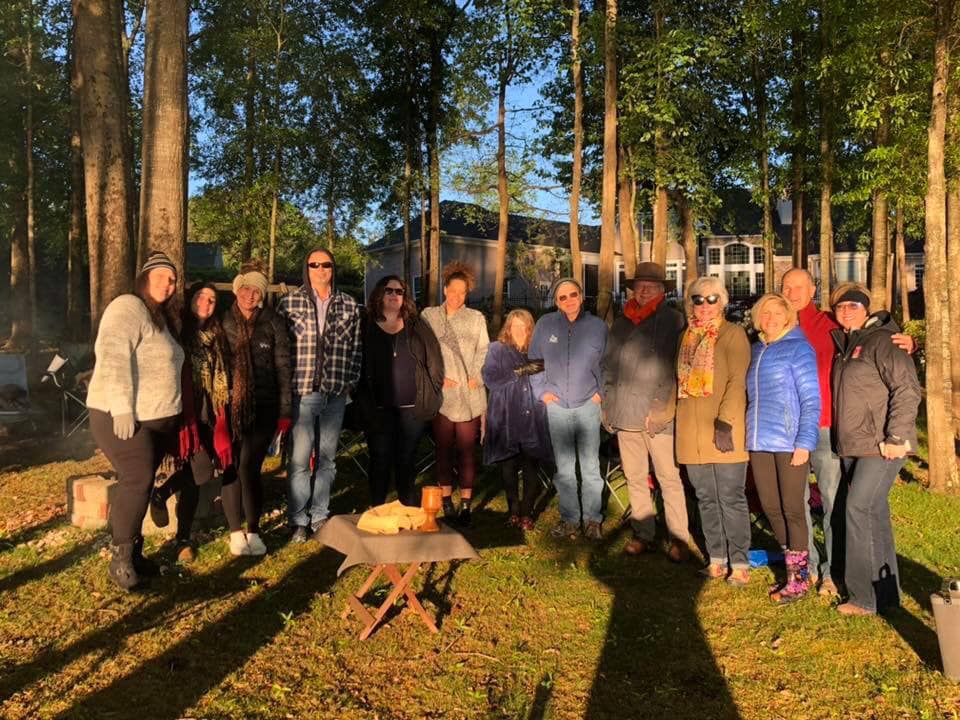In the beginning, every church was new. It’s right there in the Book of Acts. Early disciples came together, sharing all things in common, breaking bread with glad and generous hearts. God … Continue reading We are a Movement for Wholeness in a Fragmented World
There is a Balm in Chicago
Rebecca Anderson grew up Evangelical, but as a young adult, she didn’t consider herself a religious person. That didn’t mean she didn’t dip her toes in the waters of different communities of faith. And then she attended a local church in Boston at the suggestion of a fellow non-religious friend, which changed her life.
Finding faith and community in the margins with Comunidad Limen
“Have you seen the movie Luca?” Rev. Pedro Ramos Goycolea Rev. Pedro Ramos Goycolea, the pastor of Comunidad Limen Christian Church, was trying to find the right words that would describe the ministry … Continue reading Finding faith and community in the margins with Comunidad Limen
Your Pentecost Offering Gifts Boost Ministry to Folks in Springfield, MO
The Connecting Grounds (TCG) has always been a Disciples congregation, it just didn’t know it. That’s what Christie Love’s good friend, a Disciples of Christ pastor, told her when she called … Continue reading Your Pentecost Offering Gifts Boost Ministry to Folks in Springfield, MO
Finding a path to God with Ekklesia Global
Michelle Beech lives and works in Spartanburg, South Carolina. In her words, that’s not where she’s from, but that’s where God has her now. Due to her father’s career as … Continue reading Finding a path to God with Ekklesia Global
